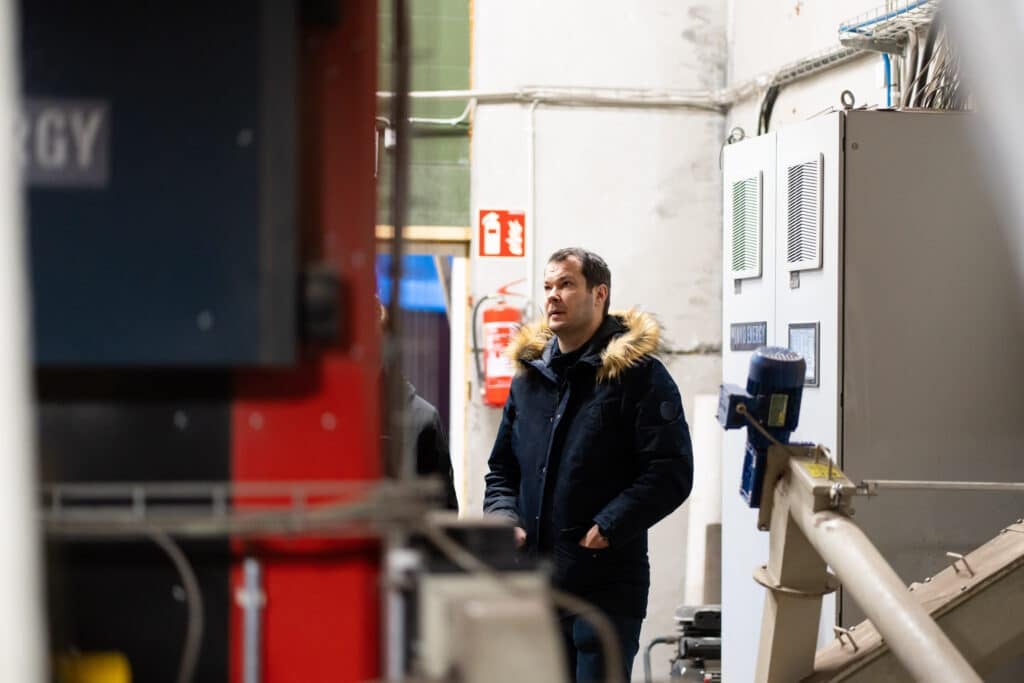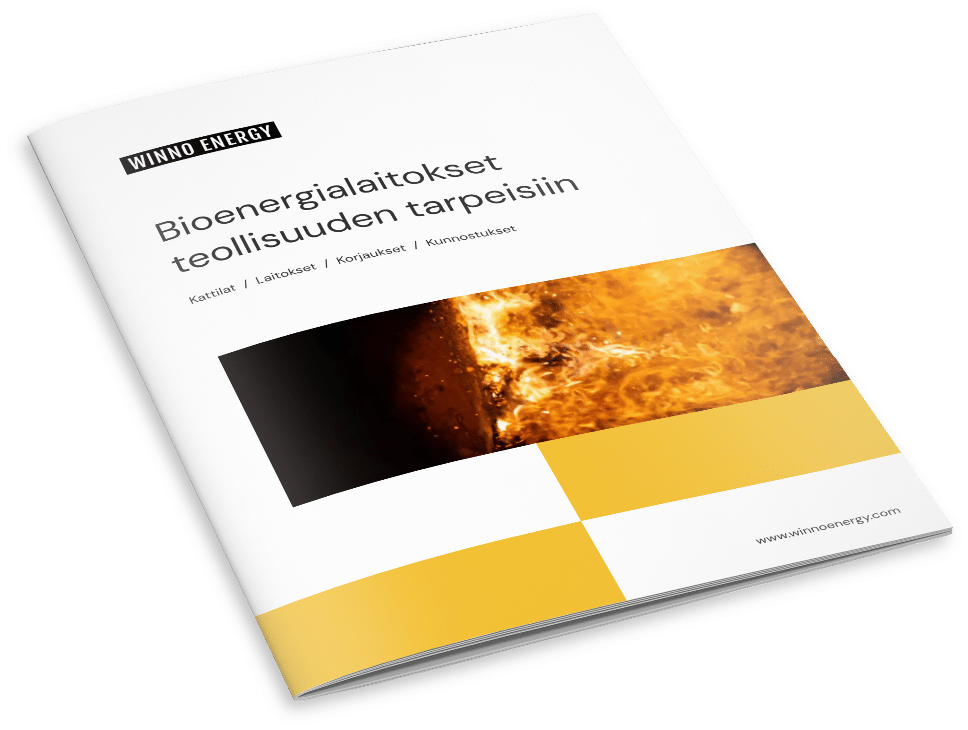Our world is changing and growing. It’s becoming more important to use sustainable energy. Sustainable energy is also called renewable energy. It comes from sources that can be replenished naturally and used continuously without running out.
This is important for fighting climate change, reducing pollution, and ensuring a stable energy supply for the future. As the global population grows and energy demands increase, sustainable energy is vital for creating a cleaner and more secure world for future generations.
What is Sustainable Energy
Sun, Wind, and Water Power
Sun, wind, and water power are important for sustainable energy. They help reduce greenhouse gas emissions and air pollution. Using these renewable sources can slow down climate change by providing clean, eco-friendly energy. For instance, solar panels can be installed on buildings to capture the sun’s power, while wind turbines can be used in windy areas to produce electricity. Hydroelectric power plants use water to generate electricity, also promoting sustainable energy.
These alternatives are essential in reducing reliance on non-renewable energy and fighting climate change.
Geothermal and Biomass Energy
Geothermal and biomass energy are sustainable sources that offer numerous benefits.
They reduce air pollution and slow down climate change by emitting low levels of carbon.
Geothermal energy comes from heat in the Earth’s core, while biomass energy uses organic materials like wood and agricultural waste.
These renewable sources not only provide greener energy but also create jobs and economic growth.
Developing and maintaining geothermal power plants and biomass facilities generate employment and stimulate local economies.
They also enable power access in remote areas, where traditional power grids are not feasible.
For example, Iceland heavily relies on geothermal energy to heat homes and generate electricity.
In the case of biomass, rural communities utilize agricultural residues to produce energy and provide heat, reducing their dependence on nonrenewable resources.
Sustainable Energy Helps Our Planet
Less Air Pollution
Sustainable energy helps reduce air pollution. It does this by decreasing the use of fossil fuels and promoting renewable energy sources like wind, solar, and hydroelectric power.
Switching to sustainable energy can significantly cut down carbon emissions and other harmful pollutants released into the atmosphere. For instance, solar energy systems produce electricity without emitting greenhouse gases. Wind energy harnesses the wind’s power to generate electricity without creating air pollutants. Hydroelectric power uses flowing water to generate electricity, also minimizing air pollution.
Slows Down Climate Change
Switching to sustainable energy sources is important. Wind, solar, and hydropower can slow down climate change by reducing greenhouse gas emissions. They produce energy without burning fossil fuels, decreasing air pollution.
For example, wind turbines generate electricity without emitting greenhouse gases. Solar panels convert sunlight into energy without creating air pollutants.
Incorporating more sustainable energy into daily activities helps combat climate change and has numerous benefits. It improves air quality, reduces reliance on finite resources, and creates new job opportunities in the clean energy sector.
Sustainable energy sources are more reliable in the long term, as they are not subject to price fluctuations and supply concerns associated with fossil fuels. Making this transition can make a significant impact in mitigating climate change and creating a healthier environment for future generations.
Sustainable Energy Supports Healthy Living
Clean Air Equals Better Health
Clean air promotes better health by reducing the risk of respiratory diseases and other health issues. Sustainable energy sources like wind, solar, and hydroelectric power can reduce reliance on fossil fuels, which are a major contributor to air pollution. This transition is essential for reducing harmful emissions and improving air quality, leading to healthier living conditions.
Sustainable energy also provides power to remote and underserved areas, where access to clean and reliable electricity is limited. Solar panels and wind turbines allow these communities to power essential services such as healthcare facilities, promoting better health outcomes. Sustainable energy not only reduces air pollution but also supports access to power in remote locations, contributing to better health for all.
Access to Power in Remote Places
Providing sustainable energy access in remote areas has unique challenges. These include the lack of traditional infrastructure and high construction costs. In many remote places, geography and climate make reliable energy sources difficult to establish. For instance, mountainous regions or islands may lack access to the electrical grid, requiring innovative solutions such as microgrids or renewable energy sources like solar or wind power.
Transporting traditional fuels like coal or diesel to these areas can also be costly. Solutions for improving power access in remote places include decentralized energy systems, energy storage technologies, and off-grid solutions.
For example, using energy-efficient appliances and micro-financing for community-based solar or wind projects can address the lack of power access in remote areas. These solutions not only tackle the challenge of geography but also contribute to the goal of sustainable energy for all.
Sustainable Energy Creates Jobs
Growth in Green Jobs
The growth in green jobs is having a big impact on the economy and job prospects. The demand for sustainable energy is increasing, leading to a need for a skilled workforce in renewable energy and energy efficiency. This has resulted in more job opportunities in areas like solar energy, wind power, and energy-efficient building design, which contributes to economic growth.
To meet the demand for skilled professionals, there are various training and education opportunities available for individuals interested in working in the green energy sector. Many vocational schools, community colleges, and universities offer programs and certifications in renewable energy, energy management, and sustainable engineering, providing individuals with the necessary skills and knowledge for a career in green jobs.
Countries and industries can increase the use of sustainable energy to create more green job opportunities by implementing policies and incentives that support the development and adoption of renewable energy technologies. This can include tax incentives for businesses investing in green technology, subsidies for renewable energy projects, and regulations promoting the use of sustainable energy sources. By doing so, countries and industries can create an environment that encourages the growth of green jobs and supports the transition to a more sustainable and environmentally friendly economy.
Training and Education Opportunities
Individuals interested in training and education opportunities in sustainable energy have several options to consider:
- Vocational schools
- Community colleges
- Universities offering programs in renewable energy technology, environmental science, and sustainable development
There are also online courses and certifications available for those interested in learning about utilizing sun, wind, and water power for sustainable energy.
Job training in the sustainable energy industry may include:
- Internships
- Apprenticeships
- On-the-job training provided by companies and organizations involved in renewable energy projects
In addition, workshops, seminars, and conferences focused on sustainable energy technologies and practices provide valuable learning and networking opportunities for aspiring professionals in this field.
These training and education opportunities are important for individuals aiming to make a positive impact in the sustainable energy sector and contribute to the global transition to clean and renewable energy sources.
Economic Benefits of Sustainable Energy
Saves Money Over Time
Using sustainable energy can save money in many ways.
- People and businesses can reduce energy bills by utilizing renewable sources like solar and wind power.
- Maintaining and operating renewable energy systems is often cheaper than traditional sources, leading to long-term savings.
- Incentives like tax credits and rebates for installing solar panels or energy-efficient appliances further contribute to economic benefits.
- Selling excess energy back to the grid through net metering programs also presents revenue-generating opportunities.
To save money and incorporate sustainable energy, individuals can invest in energy-efficient appliances and use programmable thermostats.
Businesses can also reduce costs by implementing energy-efficient practices and investing in renewable energy technologies.
Makes Countries Energy Independent
Sustainable energy helps countries achieve energy independence. They use renewable sources like wind, solar, and hydro power. This reduces their reliance on fossil fuels and lowers exposure to volatile energy prices.
Investing in domestic renewable energy infrastructure creates jobs, stimulates economic growth, and reduces the trade deficit. It also helps countries diversify their energy sources, making them more resilient to supply disruptions and geopolitical tensions.
Countries can increase their use of sustainable energy through supportive policies like feed-in tariffs and tax incentives. Research and innovation can lead to more efficient renewable energy solutions. Collaboration with other countries and international organizations facilitates technology transfer and knowledge sharing.
Denmark and Costa Rica are real examples of countries successfully using sustainable energy. Denmark produces a significant portion of its electricity from wind power, while Costa Rica relies on renewable sources for the majority of its energy needs. Both countries show that policy support, investment, and innovation can lead to reduced reliance on fossil fuels and increased energy independence.
Real Examples of Sustainable Energy Use
Real-life examples of businesses and communities successfully implementing sustainable energy sources include:
- Installation of solar panels to generate electricity
- Use of wind turbines to harness wind power
- Implementation of geothermal heat pumps to provide heating and cooling
Individuals or households have integrated sustainable energy practices into their daily lives by:
- Using energy-efficient appliances
- Installing LED lighting
- Utilizing smart thermostats to optimize energy consumption
Furthermore, governments or organizations have utilized sustainable energy to meet their energy needs by:
- Investing in large-scale solar and wind farms
- Implementing energy efficiency standards for buildings and transportation
- Promoting the use of bioenergy and hydroelectric power
These practical examples demonstrate the diverse ways in which sustainable energy can be effectively adopted and incorporated across various sectors.
How Can We Use More Sustainable Energy
Sustainable energy comes from sources like solar power, wind power, hydroelectric power, and geothermal energy.
Using these sources has many potential benefits:
- Reducing greenhouse gas emissions
- Decreasing air and water pollution
- Promoting energy independence
To increase the use of sustainable energy, people and businesses can:
- Invest in solar panels and wind turbines
- Support policies that encourage sustainable energy production
- Advocate for sustainable energy infrastructure development
By using these practical methods, society can move towards a more sustainable energy future and reduce its reliance on non-renewable resources.
Conclusion
Sustainable energy is important today because it offers a cleaner and more environmentally friendly alternative to traditional energy sources. It helps in reducing greenhouse gas emissions and preserving natural resources, which is crucial in the face of climate change. Moreover, sustainable energy sources are becoming more cost-effective and can provide long-term energy security for future generations.
Embracing sustainable energy technologies is essential for creating a more sustainable and resilient energy system for the future.
FAQ
What are the benefits of sustainable energy?
Sustainable energy benefits include reducing greenhouse gas emissions, improving air quality, creating jobs in the renewable energy sector, and decreasing reliance on non-renewable resources like coal and oil. Examples are solar power, wind energy, and hydropower.
How does sustainable energy help the environment?
Sustainable energy reduces carbon emissions, minimizes air and water pollution, and preserves natural resources like forests and ecosystems. Examples include wind and solar power replacing fossil fuels, reducing greenhouse gases and protecting wildlife habitats.
What are the economic implications of transitioning to sustainable energy?
The economic implications of transitioning to sustainable energy include creating new job opportunities in renewable energy industries, reducing reliance on fossil fuels and decreasing energy costs in the long term. Additionally, investing in sustainable energy infrastructure can stimulate economic growth and innovation.
What role does government policy play in promoting sustainable energy?
Government policy plays a crucial role in promoting sustainable energy by providing incentives, subsidies, and mandates for renewable energy sources such as solar, wind, and hydroelectric power. For example, the production tax credit in the United States has spurred investment in wind energy.
What are the consequences of not transitioning to sustainable energy?
The consequences of not transitioning to sustainable energy include increased air and water pollution, global warming, and reliance on finite resources such as fossil fuels. This can lead to health problems, natural disasters, and geopolitical conflicts.


